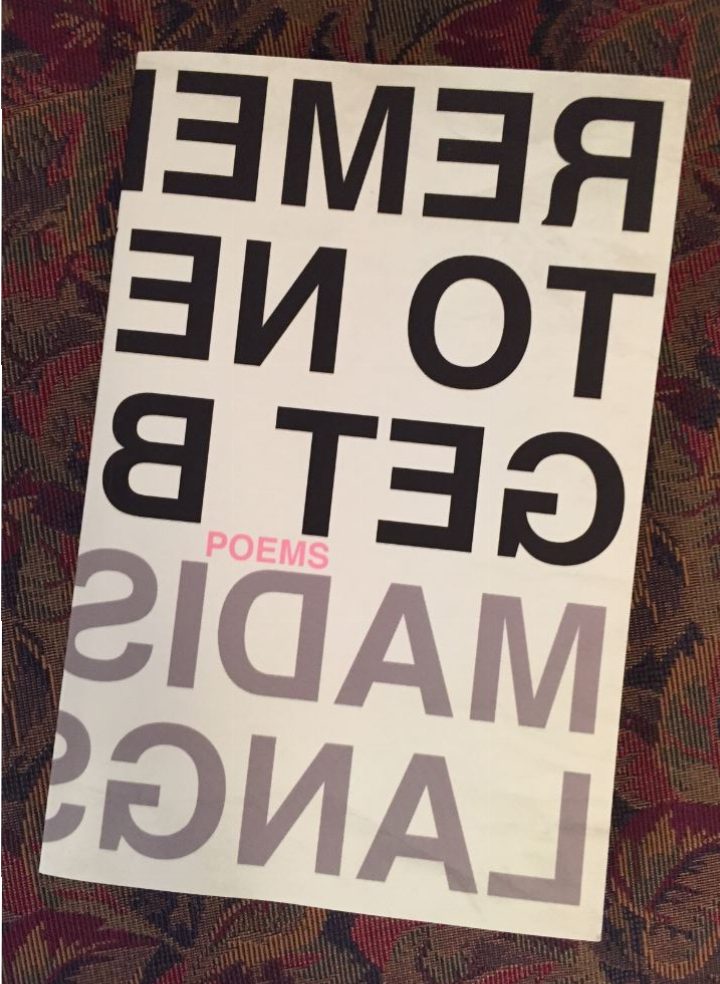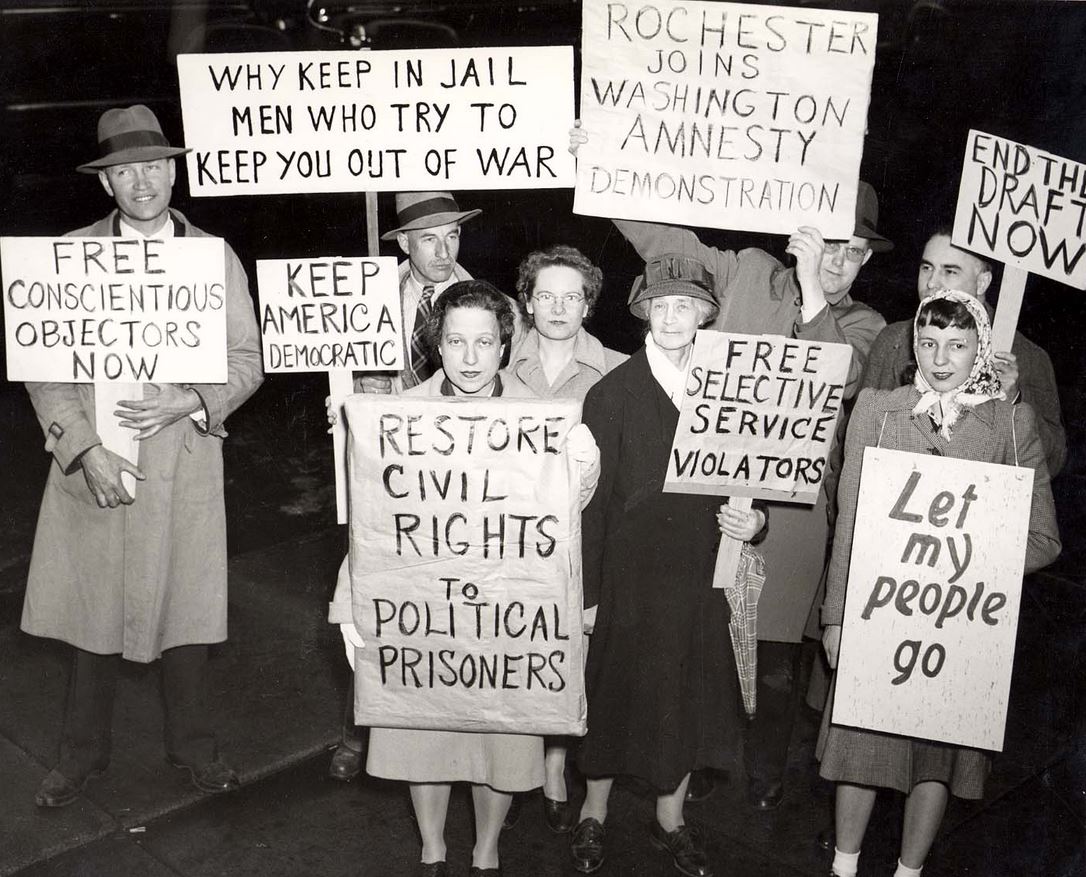
Eventually, peace was going to be built on the distinction between public and private affairs. Conscience had fought with pope and emperor for control of the world. Both had claimed universal rights. When both realized that victory was out of reach, they agreed to divide the spoils. And in so doing they transformed themselves into the shape in which we have known them ever since: a conscience that makes no claims on politics and a politics that makes no claims on conscience. Conscience was recognized, but only as a private voice that had no right to public force, except indirectly, through peaceful debate. Augsburg‘s abstention [in 1555] from settling questions of religion by force was thus kept intact. But it was also made legitimate by a new distinction between politics and religion that had lain beyond the imagination of the sixteenth century. Sovereigns reciprocated by surrendering the rights claimed by their universal predecessors to govern the consciences of their subjects. Religious faith was abandoned as a foundation of the commonwealth. Its place was taken by a faith in the distinction between public and private matters that helped to restore obedience to law…. By means of the distinction between private and public affairs, church and state, morality and positive law, Europe thus managed to build the institutions that brought back peace and then enabled it to extend its reach across the globe — much as by means of the distinction between spiritual office and temporal fief, pope and emperor had managed at an earlier time in European history to divide the world between themselves and put an end to the Investiture Controversy, that high medieval analog to the early modern wars of religion.
– Constantin Fasolt, The Limits of History (2004: 137-8).

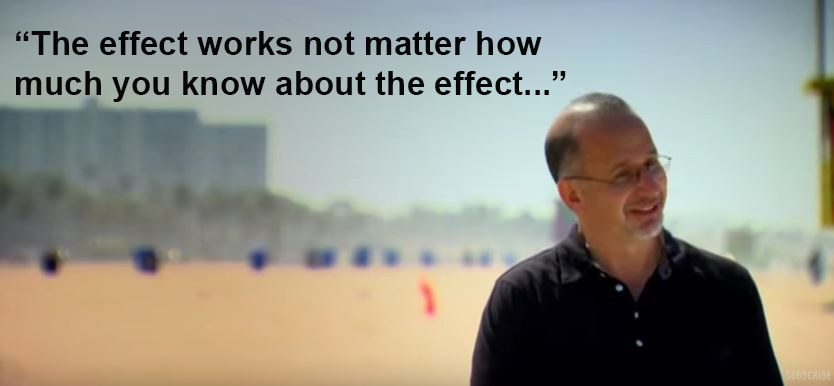
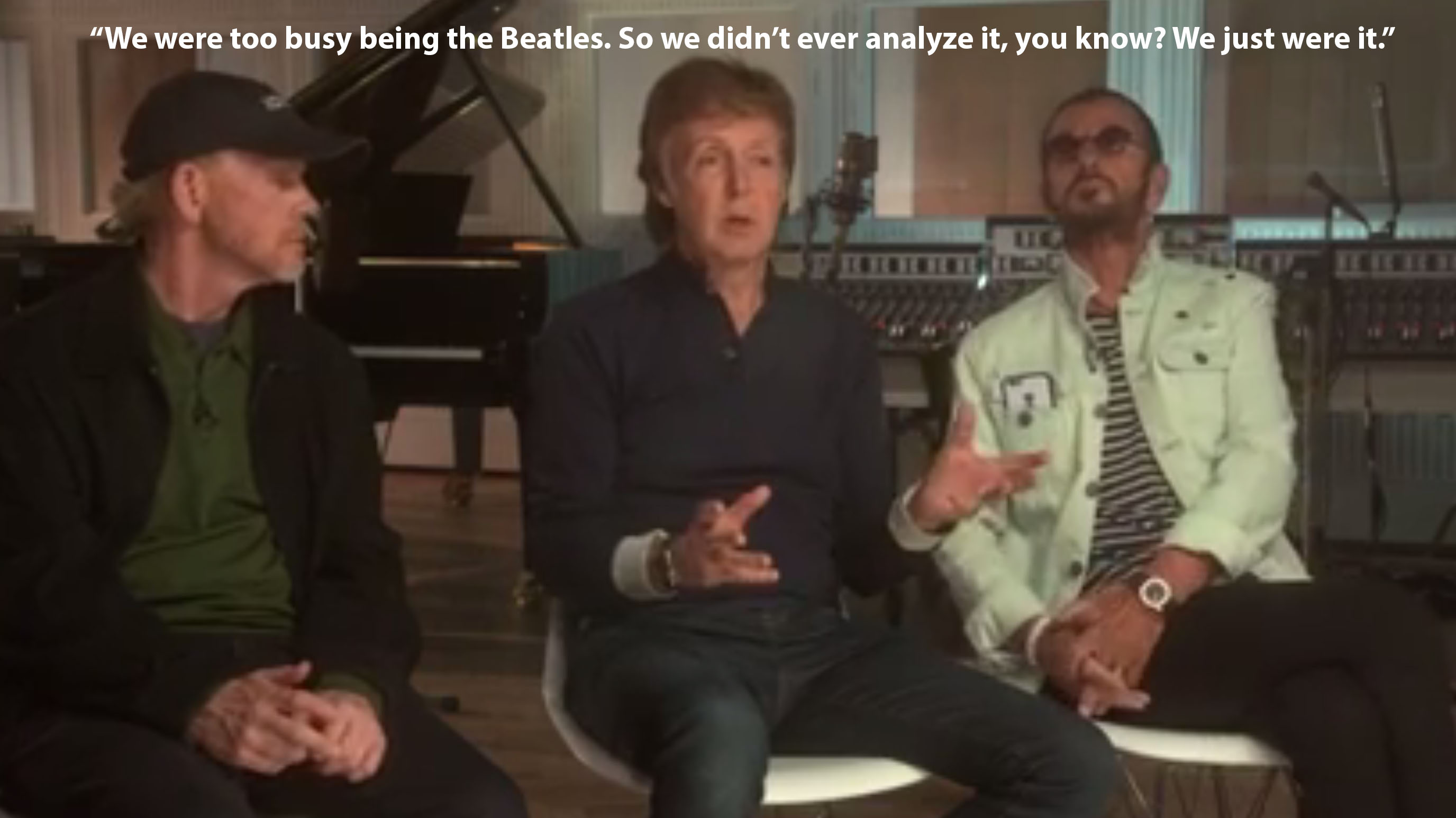 Seen Ron Howard’s new Hulu
Seen Ron Howard’s new Hulu 
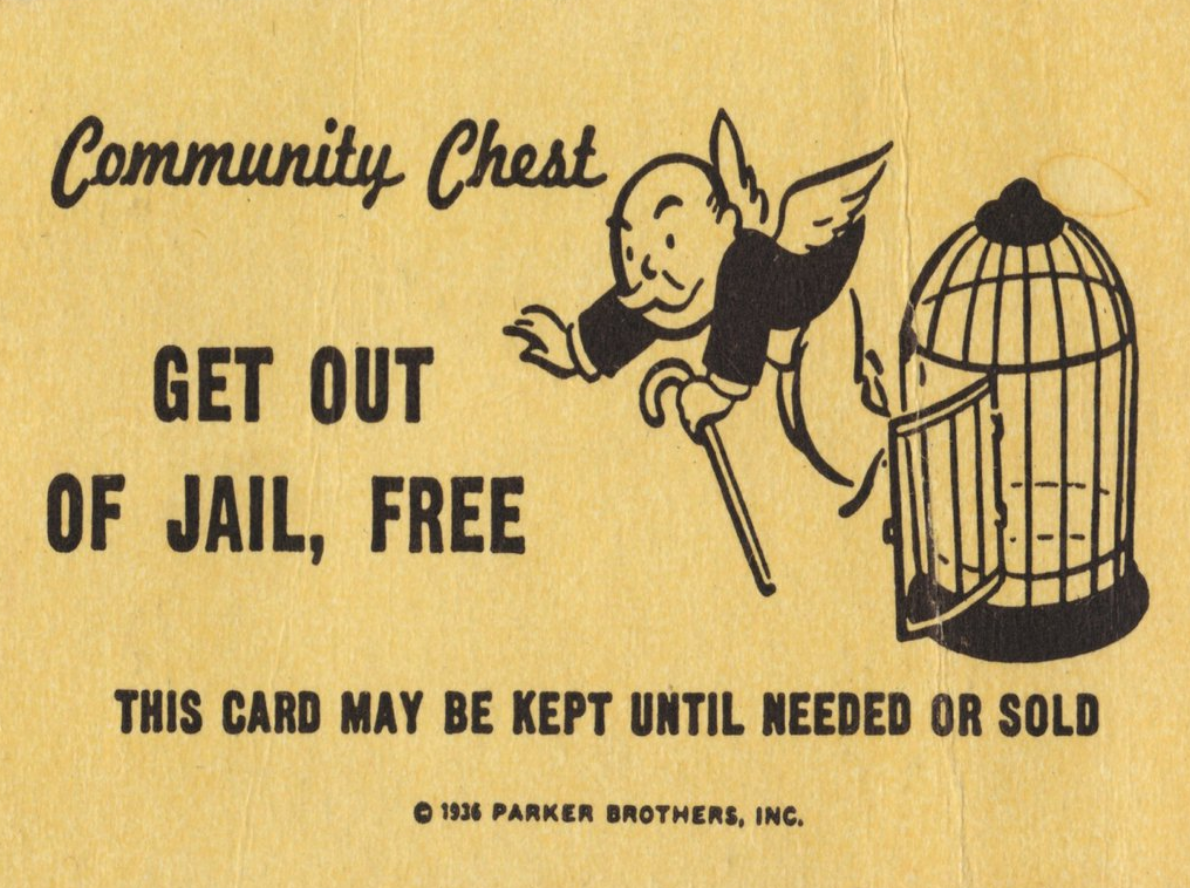
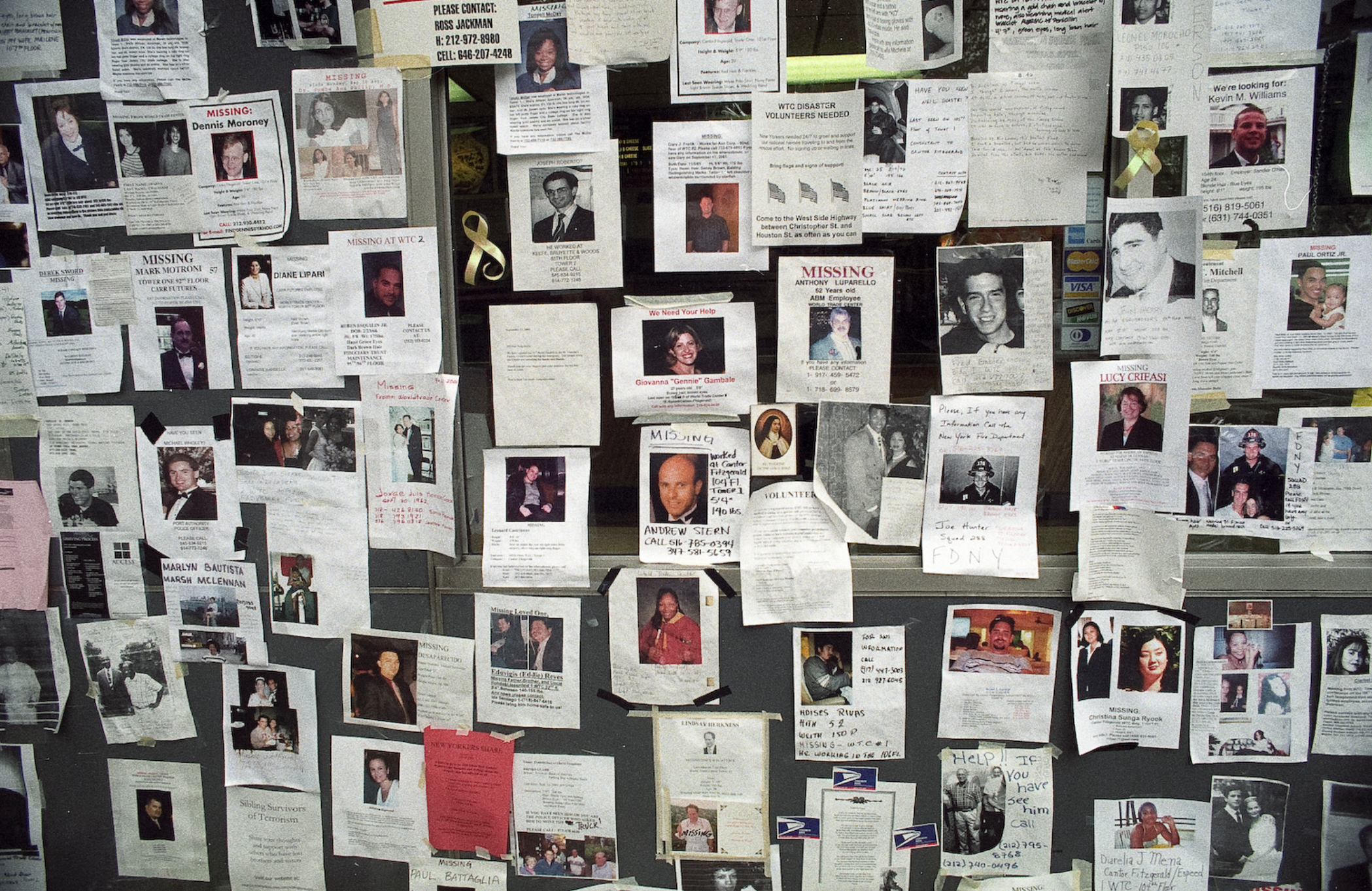
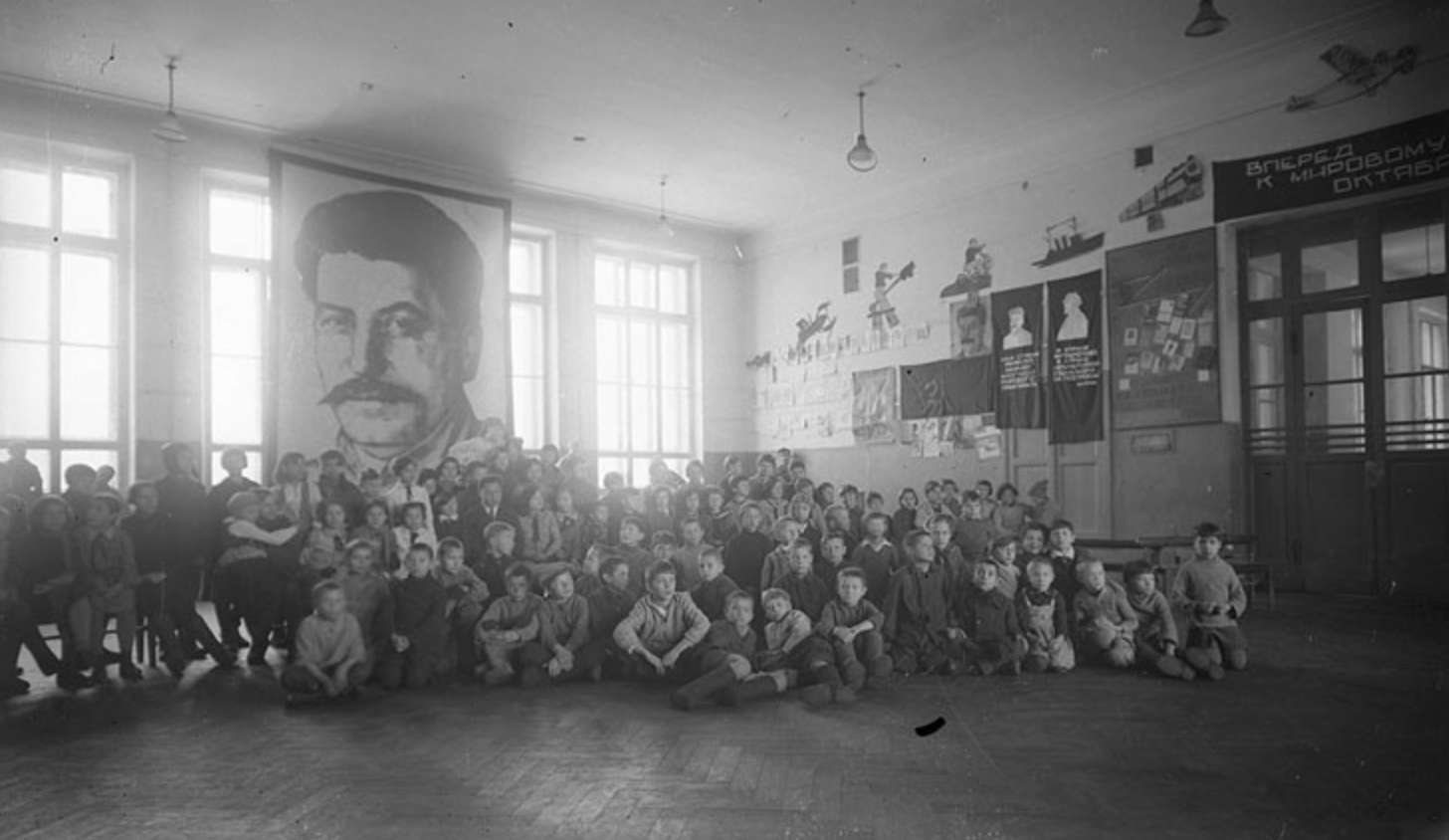
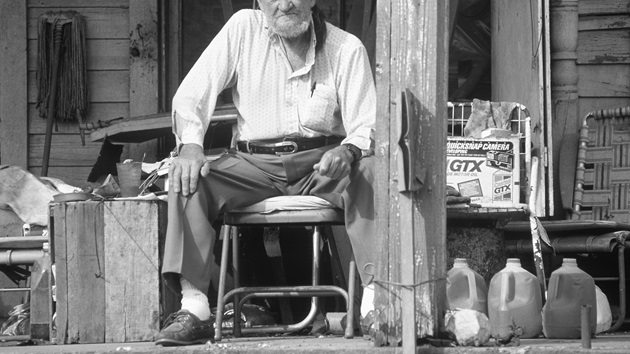
 With Merinda Simmons’s
With Merinda Simmons’s 